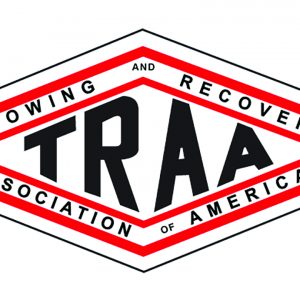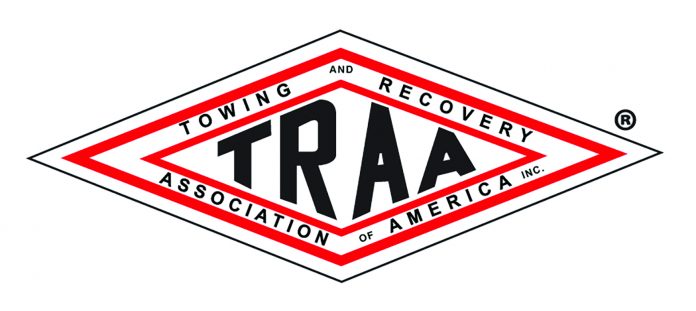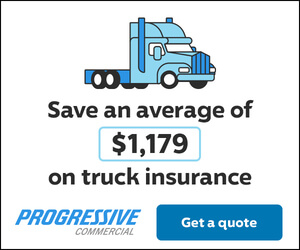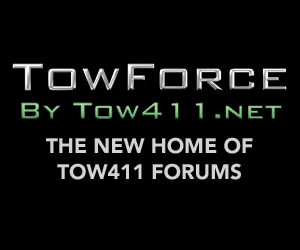 Washington, DC – The Towing and Recovery Association of America, Inc.® (TRAA) filed comments today on two proposed regulatory changes that will have a significant effect on the towing industry. As the only voice of the towing industry on a national level, TRAA is constantly monitoring various Federal Agencies as well as Congress for anything that could impact the towing industry. What may surprise you is that one of these two proposed changes comes from the Substance Abuse and Mental Health Services Administration (SAMHSA) which is not typically an Agency that the transportation industry would be overly concerned with. The other proposal comes from a more traditional Agency to monitor, the Federal Motor Carrier Safety Administration (FMCSA). First, SAMHSA has requested comments on changes to the Federal Workplace Drug Testing Guidelines with the intention of creating a regulation that would allow hair testing to be used in place of the current method of urinalysis.
Washington, DC – The Towing and Recovery Association of America, Inc.® (TRAA) filed comments today on two proposed regulatory changes that will have a significant effect on the towing industry. As the only voice of the towing industry on a national level, TRAA is constantly monitoring various Federal Agencies as well as Congress for anything that could impact the towing industry. What may surprise you is that one of these two proposed changes comes from the Substance Abuse and Mental Health Services Administration (SAMHSA) which is not typically an Agency that the transportation industry would be overly concerned with. The other proposal comes from a more traditional Agency to monitor, the Federal Motor Carrier Safety Administration (FMCSA). First, SAMHSA has requested comments on changes to the Federal Workplace Drug Testing Guidelines with the intention of creating a regulation that would allow hair testing to be used in place of the current method of urinalysis.
TRAA opposes this for a number of reasons including the validity of the test, potential discriminatory racial bias, and a cost factor estimated to be four times the current cost of urine-based drug testing. In a four-page letter submitted to SAMHSA, TRAA details why this proposal is detrimental to small businesses, especially in the towing industry. Their comments, among all others, can be viewed at www.regulations.gov by entering SAMHSA 2020- 0001-0002 into the search bar. Second, FMCSA has proposed a pilot program to collect substantial data on the safety of allowing drivers under age 21 to operate commercial motor vehicles in interstate commerce. This is in addition to the under 21-year-old military pilot program that is already under way which allows drivers under age 21 with certain military experience to operate commercial vehicles in interstate commerce. TRAA has filed comments in support of this proposal as it will allow for collection of invaluable safety performance data that will, in their opinion, support the safe operation of commercial vehicles by drivers under age 21. TRAA believes this will allow for their members to access a larger pool of qualified labor as tow truck operators and road service technicians.
TRAA contends that there should not be some arbitrary distance or age limit placed upon operators of commercial motor vehicles simply because they engage in interstate commerce. These limits place an extreme burden on operators of commercial vehicles that are based on or near state borders. Their comments, among all others, on the under 21 pilot program can also be viewed at www.regulations.gov by entering FMCSA 2018-0346-1124 in the search bar.
You can support TRAA’s legislative efforts on behalf of the whole U.S. towing and recovery industry by joining as a member at www.traaonline.com/join-now










